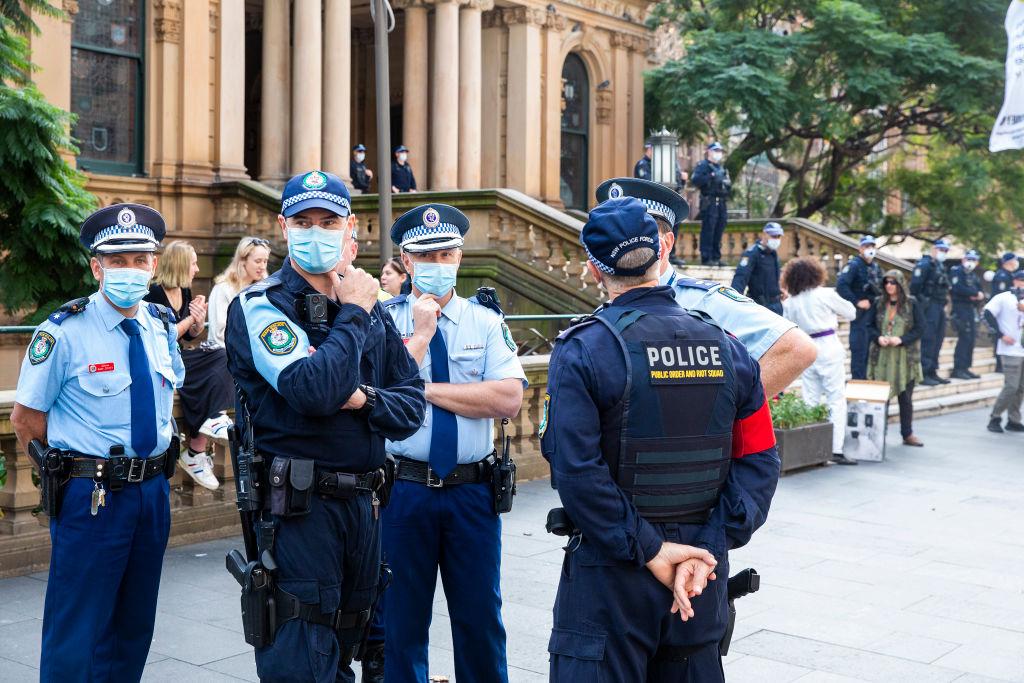People in the Australian state of New South Wales (NSW) will be subject to mandatory blood testing if their bodily fluids come into contact with police, emergency, and other frontline workers as a result of their deliberate actions, such as biting, spitting, or attacking.
The bill was introduced by Police and Emergency Services Minister David Elliott to the state’s Parliament on Nov. 10 and passed in the lower house on Nov. 18.





